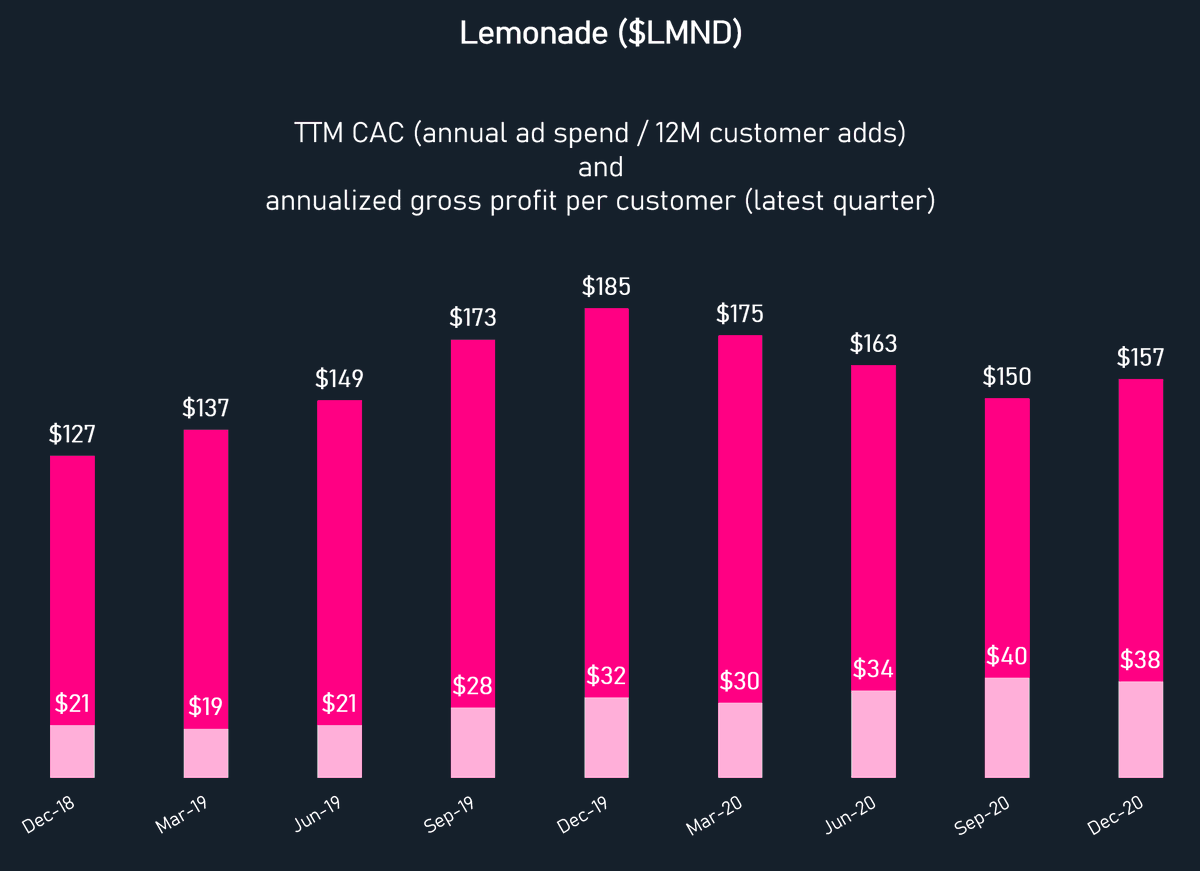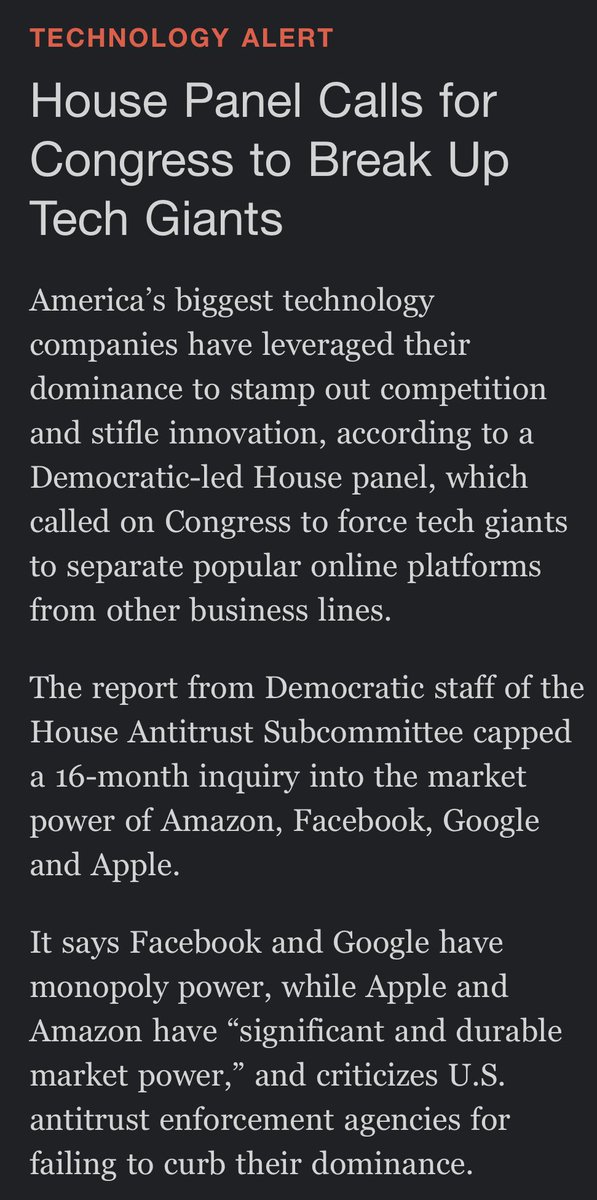
This is a must-listen interview by the inimitable @tferriss with the co-founder of Ethereum (Vitalik) and Naval:
pca.st/episode/045a46…
pca.st/episode/045a46…
What’s great about it is @VitalikButerin goes all-out wonky and @naval does the annotations, so to speak.
They also discuss a topic that’s underdiscussed: life extension.
They also discuss a topic that’s underdiscussed: life extension.
It’s frustrating that more billionaires don’t trade billions for more life extension research so maybe Vitalik and Naval can help pave the way.
Why not create a new country with no FDA where this research can happen unfettered?
Why not create a new country with no FDA where this research can happen unfettered?
Could this be a big industry in these new charter countries, @balajis?
• • •
Missing some Tweet in this thread? You can try to
force a refresh








